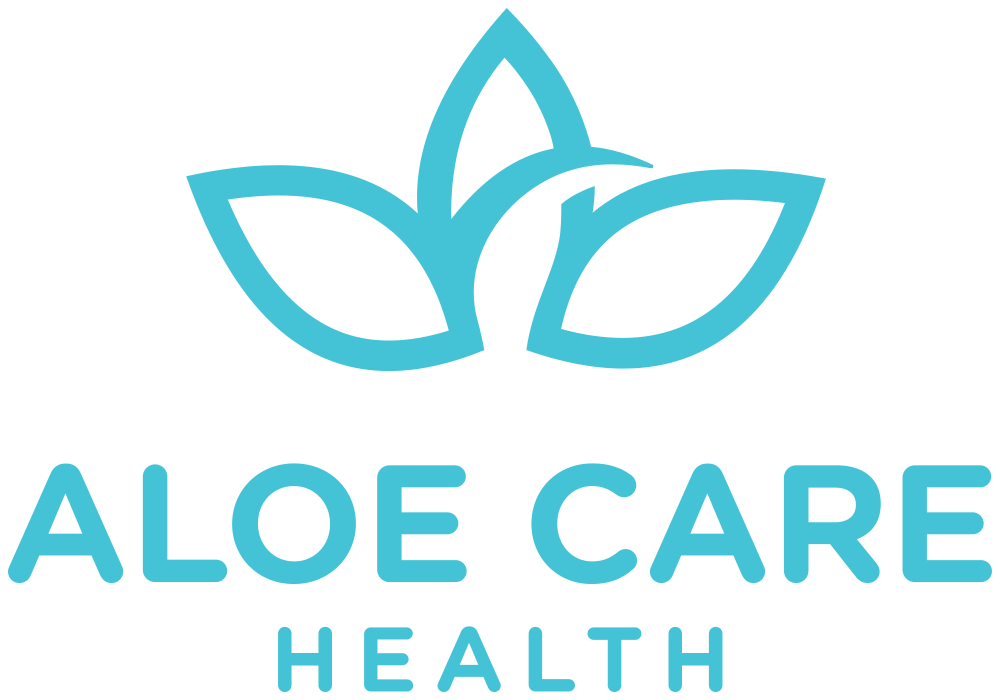Think that medical alert system is free? Think again!
Chances are, if it’s too good to be true, it probably is. However, scammers can be extremely convincing, so how in the world are you supposed to protect yourself from a medical alert scam?
Have you contacted this particular person, company, or association before?
Scammers continue trying to “sell” their free medical alert systems because free or discounted systems are actually out there. Plus, who wouldn’t want to get something for free!
However, companies don’t just call random seniors and attempt to provide them with free systems. To get a free or discounted system, you’ll likely have to place some calls first. Some scammers will pose as Medicare representatives, a family medical provider, an insurance company, or even a social program that offers subsidies. All of these people have the potential to offer free systems, but only if you’ve reached out and contacted them first.
If you are contacted out of the blue by anyone who says they want to offer you something for free, it’s a scam.
Is it really free?
Okay, so maybe it isn’t a scam after all. There are lots of companies that offer free products and services, so if you’re contacted by a medical alert system provider about a free system, it could be legitimate.
Is the system really free? Why would a company provide you with a product or service without any expectation of purchasing something down the road? The answer is that they wouldn’t.
What you’re really being offered might be a free trial or free equipment. However, after the trial is done, you’ll likely have to pay for service. With free equipment comes the expectation that you’ll pay for service right away. Nothing is truly free, so only sign up for service from a medical alert system if you’re willing to pay for it.
Don’t trust your caller ID
Identifying scams used to be fairly easy. All you had to do was take a quick look at your caller ID. Scammers often called from strange numbers and unfamiliar area codes. Although this may still hold true for lazy scammers, sophisticated swindlers have a trick up their sleeve.
In an attempt to get you to answer the phone and trust the other person on the line, they are able to use spoofing technology. This technology is able to simulate and create unique numbers that appear trustworthy.
Just because the number appears to come from your area, doesn’t mean it’s not actually coming from half a world away.
Do some fact checking
Don’t be afraid to do a little fact checking! Search for the name of the company or association the representative says they’re from on the computer. Do a search for the number that shows up on your caller ID. Search for medical alert system scams on the internet and see if you can’t find the caller who contacted you!
If you’re on the phone and mention that you’d like to do some research and call them back, you’ll learn a lot about the integrity of their operation. Scammers will usually hang up the phone right away because they know you’ll learn the truth. An honest representative will allow you to take all the time you need and provide you with a legitimate way to contact them in the future.
What to do if you think you’re being scammed?
So if after all that, you’re fairly certain that you’re being scammed, there are a few things you can do.
The first is to hang up the phone. Although you may feel that hanging up the phone is impolite, remember that these people are trying to swindle you out of your hard earned money! Never give them a shred of your information, otherwise you might find yourself a victim of identity theft.
After you’ve hung up the phone, report suspicious activity to your local Attorney General’s office. If the caller claimed to be associated with a company, contact that company about the call you received.
Although this list was created with medical alert system scams in mind, many of these methods can be used to uncover other scams as well. Just remember to follow your gut. If something doesn’t seem right the moment you pick up the phone, don’t do it!


